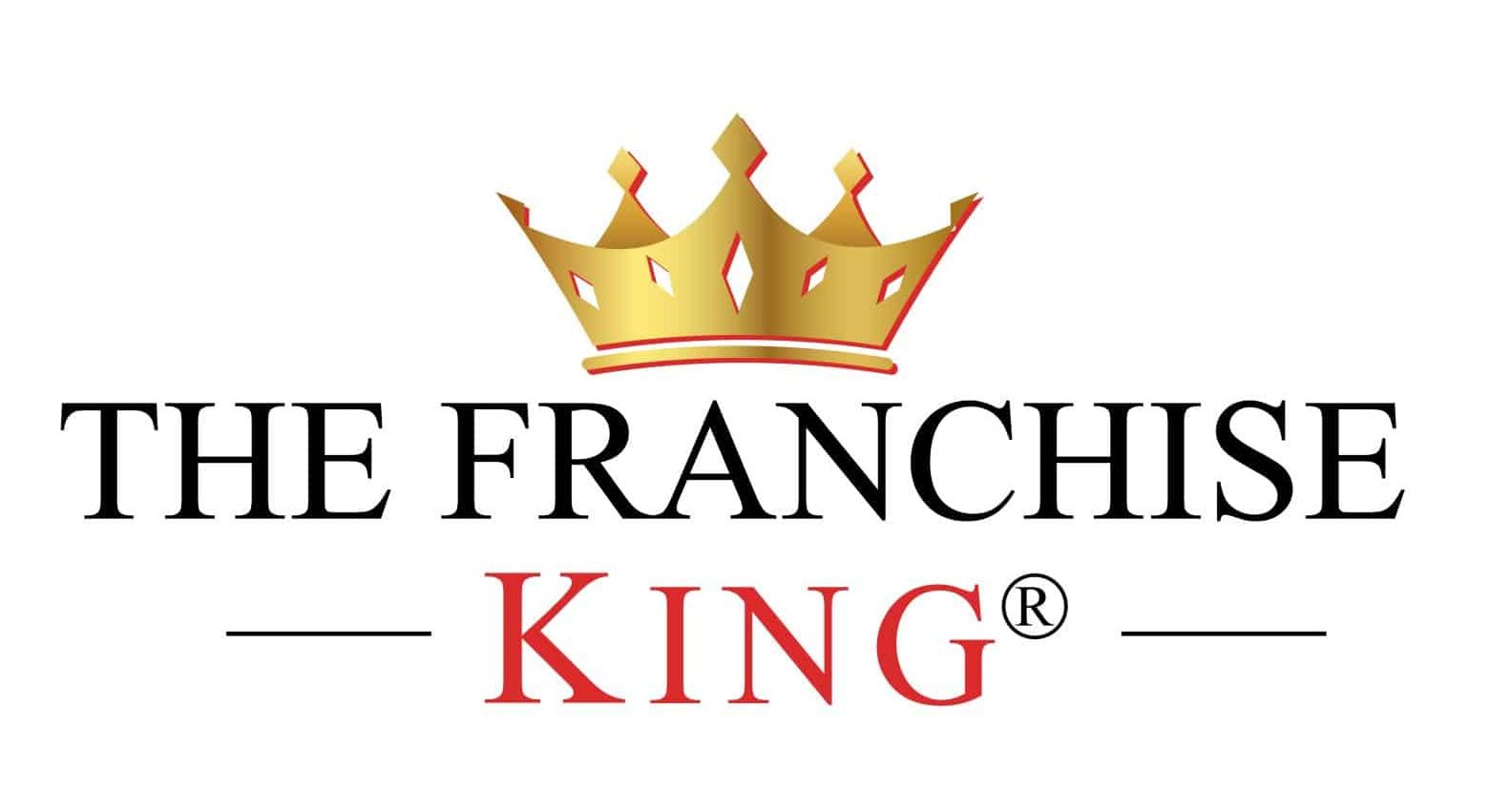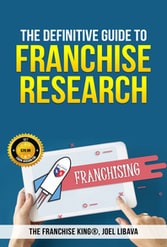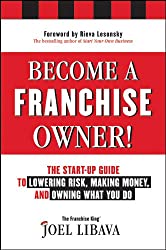
The young man from Portland, Oregon I talked with wanted to own his own business.
And with only $110,000 to his name (which he didn’t want to lose), he felt that buying a franchise would pose less of a risk. But would it?
That’s what this post is about.
Perry’s Scenario
Perry lives at home.
He works a fairly low-paying 9-5 job. But he wants more. Don’t we all?
The good news is he’s an excellent saver, especially for a 22-year old. He’s been able to amass a little over $100k, and wants to put it to good use. In his case, he wants to use it to start a business. It’s quite inspiring.
Perry arranged a call with me to ask if it would be risky for him to buy a franchise.
Before I answer, what do you think about franchise risks?
The Risks Of Buying A Franchise
Let’s get this out of the way.
It is risky to buy a franchise. Especially if you’re thinking of doing it without being in a position (financially) to do it. I know what you’re thinking.
“Wait Joel. Perry has $110,000. That seems like enough.”
It’s not. Here’s why.
First off, the franchise opportunity he’s interested* in requires an upfront investment of $75,000-$90,000.
So if Perry pays his upfront investment in cash, that only leaves him with $20,000 to $35,000.
*He’s only interested in the franchise he’s looking at because a franchise consultant suggested it. A weak-ass franchise consultant. I’ll tell you why the “consultant” is lousy in a bit. Let’s keep moving, because this next part is important.
Franchises Have Everyday Operating Expenses
The franchise Perry is interested in is a part of the home services sector of franchising. If he became a franchise owner, he’d be providing a time-saving service that busy homeowners would like to have. But they don’t need to have it.
That said, there are a lot of ongoing expenses franchisees have.
And even if a portion of the upfront investment includes working capital, it’s not like he’s going to be able to pocket some money for himself. Not at the beginning anyway. And remember, he’d have to leave his job. That means no income coming in. For awhile.
As to Perry’s monthly business operating expenses, they’d include:
- A loan payment for the truck he’ll need
- Gas
- Inventory and supplies
- Marketing costs
- Insurance
- Royalties
And more.
Say $1500 a month at minimum. More when he hires an employee. That’s going to drain his balance pretty fast.
Customer Acquisition
Every aspiring franchise owner thinks they’ll acquire customers quickly, and that there’ll be a lot of them. It’s normal. Gotta think positive, right?
With that in mind, the projections in Perry’s franchise business plan calls for 8 new customers in month #1, and 18 more in month #2.
Note: each customer pays between $80-$130 a month for the service.
But what if Perry only adds on 3 or 4 new customers in his first month in business, and only 5 more in his 2nd month? That means he’s 17 customers short.
That said, month #3 is better, as he acquired 10 more customers.
So now he has a business bringing in about $1900 a month. Not bad. Except for the $1700.00 in expenses. That leaves Perry around $200. Good thing he’s living at home.
To be sure, anyone with business experience knows that the first few months in business-heck, the first year in business is tough. Profit is hard to come by.
Franchise Risks: Perry Becomes Worried
6 months in, Perry’s getting nervous.
First off, he doesn’t have as many customers he thought he would have.
Secondly, some of his earlier customers have dropped out.
Finally, he barely has enough money to pay his living expenses.
For instance, he financed a used Subaru WRX. His payment is $285.00, with 2 more years to go until it’s paid off. And his car insurance is $75 a month.
Of course he owns a phone. He pays Verizon $100 a month.
With other expenses like food and clothing, he’s up to around $600. Living at home! For how long? Who knows? Lots of things could happen on that front. My point?
Perry’s business isn’t making a lot of money, and going forward, unless he adds at least 10-15 customers a month, his business may not even make it through it’s first year.
What I Told Perry About His Risk Of Buying A Franchise
After Perry described his scenario, including his financial situation and how he found out about the franchise he’s about to look into, this is what I told him.
“Perry, you called me because you wanted to know if it was too risky for you to buy a franchise. It is.”
Perry: “I was starting to think that, but I don’t know a lot about franchising or how a business works.”
“Furthermore, the franchise consultant who suggested this pet-related service business to you should’ve never had done it.”
Perry: “Why Joel?”
“Because you aren’t financially qualified to buy a franchise. At minimum, you need to have a net worth of $350,000 plus enough money set aside for working expenses and living expenses.”
Perry: “I’m glad you told me all of this. What do you think I should do. I’m supposed to have a call with the franchisor later today.”
“Wait. The franchisor agreed to talk with you?”
Perry: “Yes, the franchise consultant arranged it, and he told me he sent my information in.”
Now I’m pissed.
“Here’s what you do. Do the call with the franchisor. Tell your representative at franchise headquarters you only have around $100,000 and nothing else. He should quickly tell you that you aren’t qualified and that the consultant should have never sent your information in. And then he should apologize.”
Perry: Really?
“Yes. And email this franchise consultant and tell him to take you off his list and never contact you again.”
We talked for a bit more. I told him to keep saving his money and to learn more about business and franchising. He thanked me and hung up. Perry is a nice young man. I wish him nothing but the best.
Setup To Fail
Perry was being setup to fail.
First by a franchise consultant who is either new, desperate, or both.
Secondly, by a franchisor who agreed to take Perry on as a prospective new franchisee.
And if you’re saying to yourself “Maybe Perry could’ve made it,” you’re 100% right. He could’ve.
If he had the power to change how math works.
About the Author
The Franchise King®, Joel Libava, is a leading franchise expert, author of "Become a Franchise Owner!" and "The Definitive Guide to Franchise Research." Featured in outlets like The New York Times, CNBC, and Franchise Direct, Joel’s no-nonsense approach as a trusted Franchise Ownership Advisor helps aspiring franchisees make smart, informed decisions in their journey to franchise ownership. He owns and operates this franchise blog.
Note: When you buy through links on this website, we may earn an affiliate commission.









